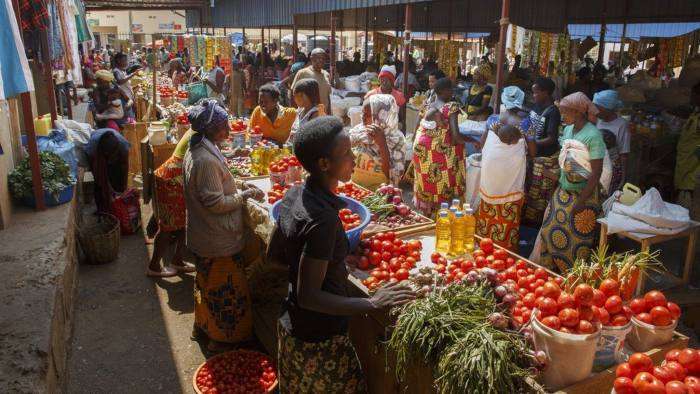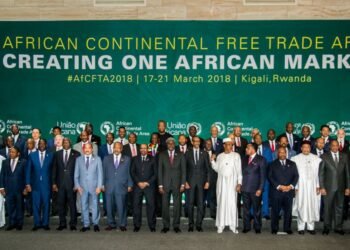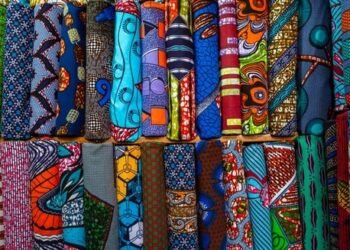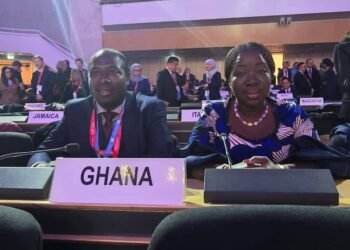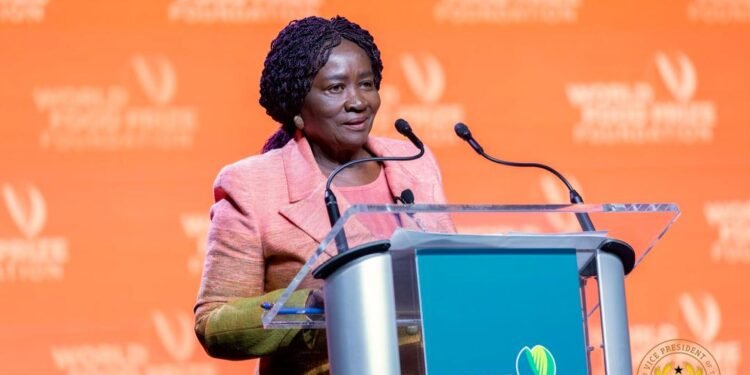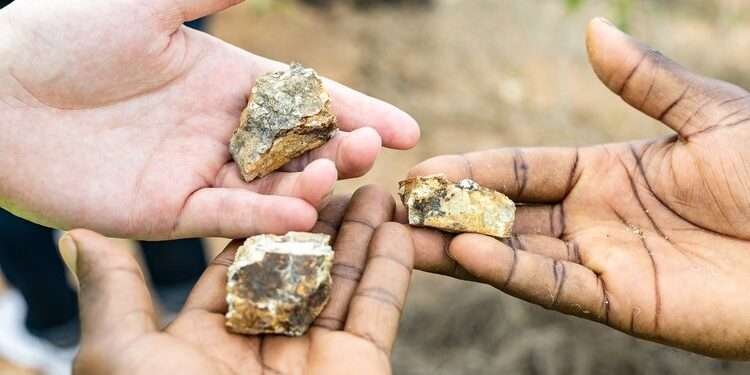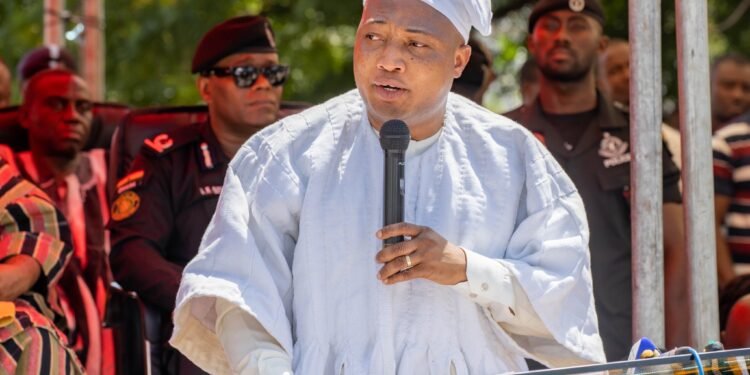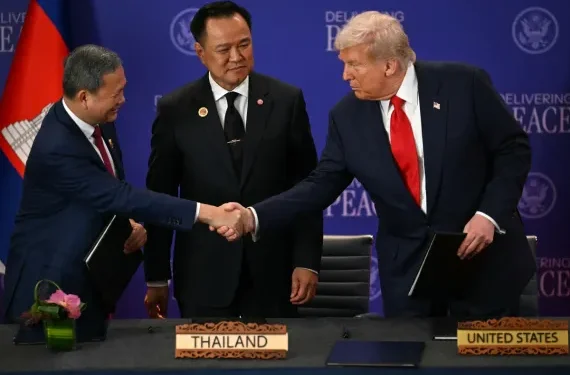Senior technical advisor at the National AfCFTA Coordination Office, Dr Fareed Kwesi Arthur, has revealed that preparations have already started towards the negotiations and development of the AFCTA protocol and youth.
According to him, it will help address constraints and barriers that women face when trading on the continent. He indicated that this will create an environment to empower women to trade under the AfCFTA by accessing wider markets, improving their competitiveness and participating in regional value chains.
“A key underlying principle of the AfCFTA is to broaden inclusiveness in the operations of the AfCFTA through interventions and supporting women, the young and the marginalised portions of our populations. In line with this, preparations have already started towards the negotiations and development of the AFCTA protocol and youth. The protocol will address constraints and barriers that women face when trading on the continent.”
Dr Fareed Kwesi Arthur
Speaking on the theme: ‘Making AfCFTA work for women-led MSMEs and traders in Ghana’, Dr Arthur stated that data indicates that 90% of the world’s businesses and more than half of global employment are concentrated in micro, small and medium-sized enterprises.
Nonetheless, he explained that although women constitute over half of the world’s populations, the number of women-led businesses is estimated to be far below. He noted that increasing the participation of women in the labour market could increase the country’s productivity leading to greater economic diversification, innovation and poverty reduction.
“Trade has an important role to play in driving this economic growth by supporting women empowerment and by advancing gender equality. New trends in global trade especially, the rise in services, global value chains and the digital economy are opening up economic opportunities for women.”
Dr Fareed Kwesi Arthur
Women participation in AfCFTA
Trade, Dr Arthur highlighted, has the potential to expand women’s role in the economy, decrease inequality and expand women’s access to skills and education. However, he opined that for women to reap these rewards, African countries and particularly Ghana, needs to adopt reforms in trade policies that reduces discrimination against women, whiles building the significant human capital that women represent.
“Although trade policies appear on the surface to be gender neutral, its impacts are sometimes not properly appreciated when it comes to women.”
Dr Fareed Kwesi Arthur
The national coordinator for AfCFTA Coordination Office cautioned stakeholders to be proactive and take advantages and opportunities of AfCFTA. He recounted that on October 7, 2022, under the initiative called the ‘Guided trade’, Ghana and seven other countries started the commercially meaningful trading. As such, while seminars are still important, it is imperative to strike a balance between mere conversation and meaningful actions.
“If we spend AfCFTA talking, we will miss the boat. As we hold our dialogues and seminars and workshops, trainings have already started. The women that we are talking about are not in this room, but they are the people who are going to carry the goods across the border and they can’t wait for us to finish talking before they carry the goods…”
Dr Fareed Kwesi Arthur
Dr Arthur emphasized that it is important for stakeholders to acknowledge that there are critical elements to intermediation that women central to AfCFTA in the country must benefit from.
READ ALSO: Africans Should Aim For A Take-off To Rapid Growth- Mahama



